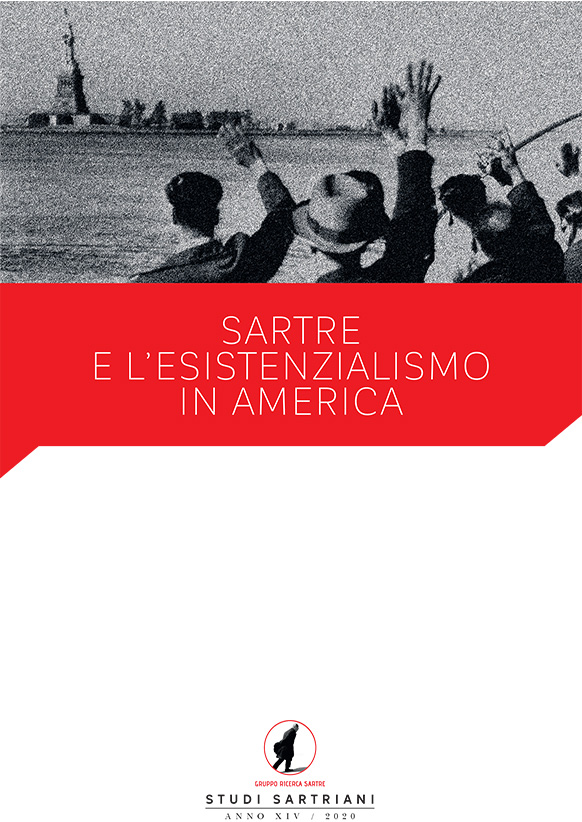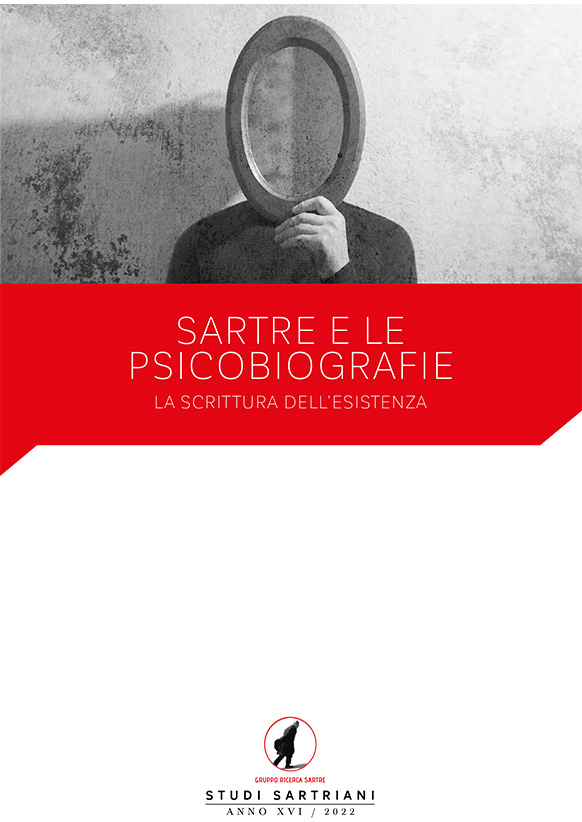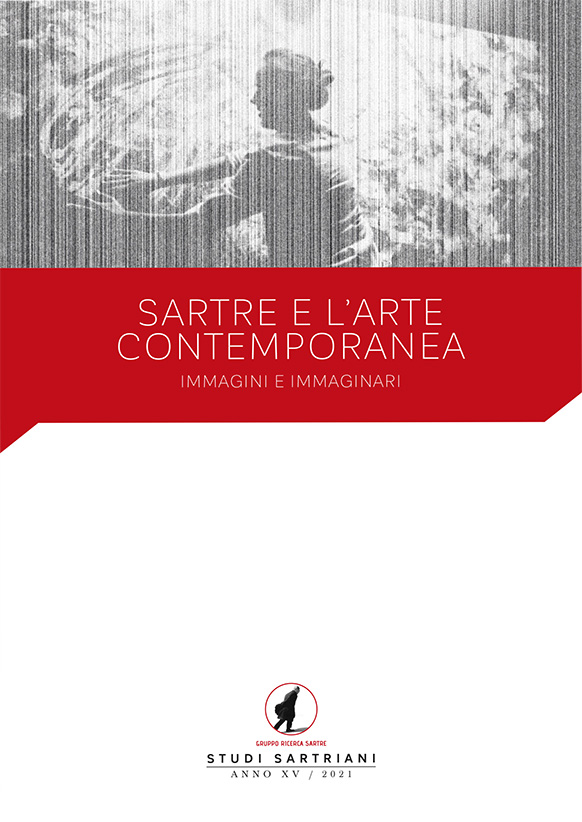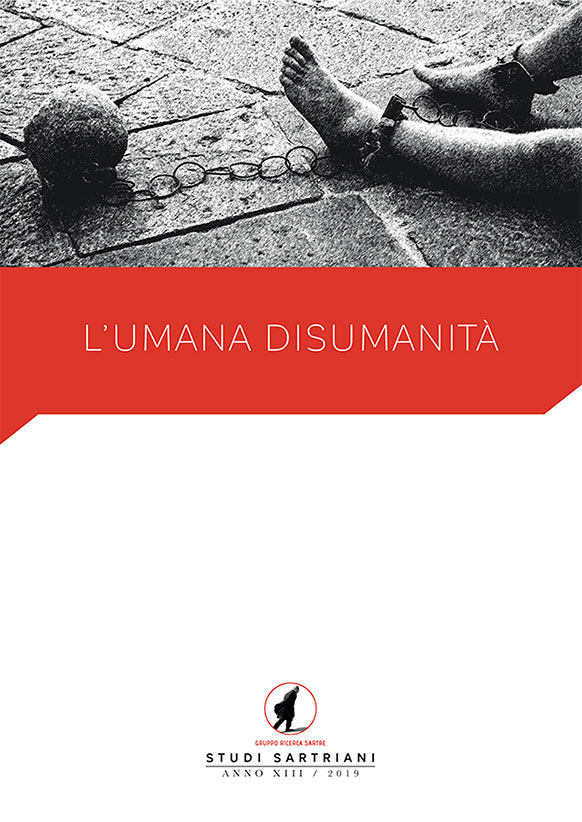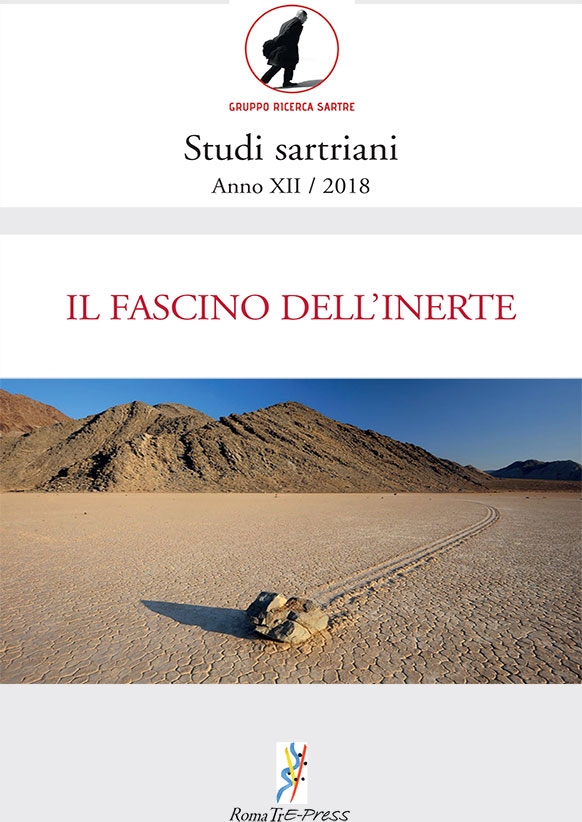Abstract
«Studi Sartriani» ha pensato di dedicare questo numero al fascino irresistibile che l’America ha esercitato sull’esistenzialismo e viceversa. Sartre ha subito compreso quanto la realtà americana, nonostante le sue contraddizioni e diversità, potesse rivelarsi un fecondo luogo d’incontro e di analisi critica. I reportages di Sartre durante il suo soggiorno americano si rivelano strumenti di grande interesse per riflettere su alcuni temi fondamentali, quali individualismo, umanesimo e razzismo. Alla luce anche di recenti scritti ritrovati, appare chiaro come non si tratti tanto di studiare l’influenza dell’esistenzialismo su questa o quell’altra filosofia (inglese o americana), quanto piuttosto di comprendere come la filosofia, la letteratura e la cultura negli Stati Uniti abbiano tratto profitto, dopo il 1945, dalle produzioni dell’esistenzialismo francese in un contesto intellettuale artistico o ideologico segnato dalla guerra e dalle sue conseguenze.

